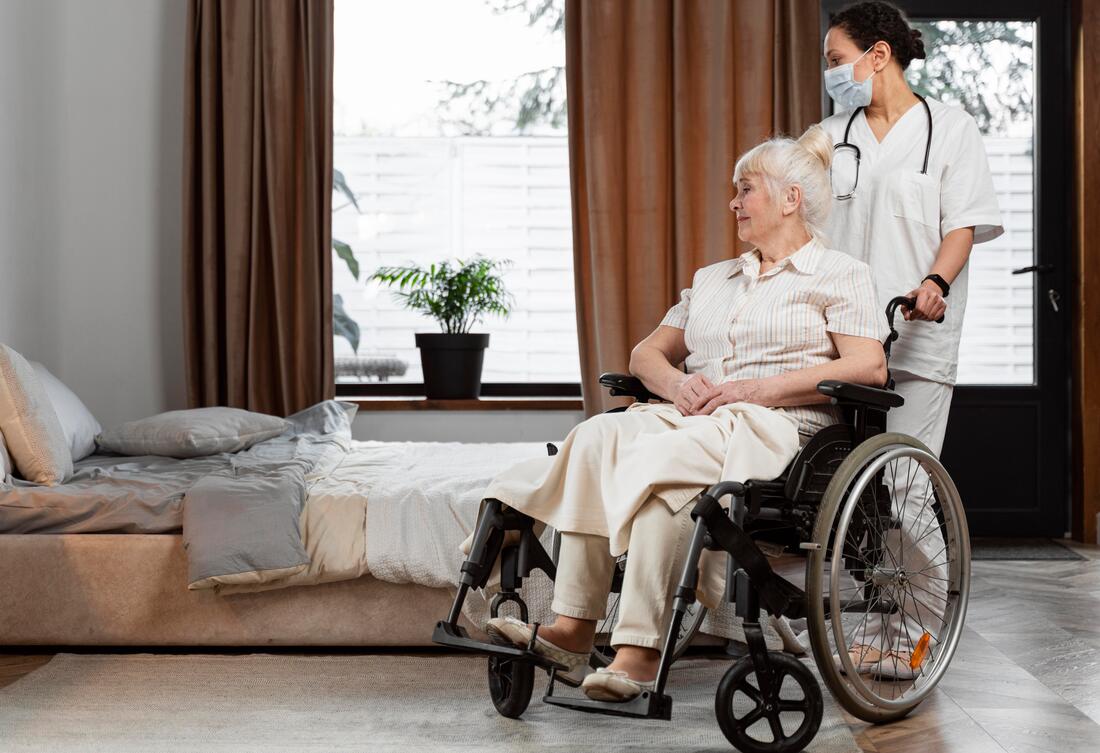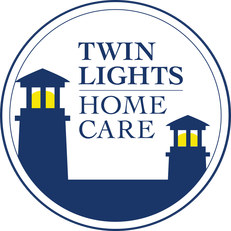|
Imagine this: Your elderly loved one begins experiencing memory loss and symptoms of dementia. You and your family decide that it would be best for this person to transition into a nursing home since they no longer able to care for themselves independently. You and your family believe that they will have all their needs met including having three meals, having medical care, and most importantly, safety and security.
However, that is not the case for an increasing number of elderly people in nursing homes in New Jersey, as many are being attacked by other residents. NJ.com explores this issue further. In the dementia unit of a South Plainfield nursing home, multiple residents were injured by other residents; one ultimately died from the injuries. Another example can be found at a Camden County nursing home, where a resident had multiple altercations with others. And another incident occurred in a nursing home in Burlington Country in January 2021, when a nursing aide walked into a “scene of violence.” Violent outbursts among residents are becoming less rare, and many perpetrators have caused injury to more than one resident. As more people are showing signs of late-stage dementia, the more incidents are occurring. For example, in 2022, incidents nearly doubled, and have steadily increased since 2020. Families looking into nursing homes, for their loved ones will have a difficult time finding information on resident abuse. “The data does not show up on federal nursing home report cards,” according to NJ.com. “Often, incidents of violence involve people whose mental acuity has been ravaged by dementia and may go unreported unless a family speaks out — or if someone dies.” Dementia is an incurable disease that shrinks the parts of the brain responsible for personality and mood. This causes those with dementia to become very paranoid and believe that everyone is out to get them, which ultimately, leads to them becoming aggressive and sometimes violent. To prevent residents from experiencing aggressive and sometimes violent episodes, it is important to ensure all their needs are being met, separating them from other residents when they start to show aggressive behaviors, and utilizing anti-anxiety medication as a last resort. It is also important to note that even though most nursing homes are operating at about 75% capacity (5% lower than pre-pandemic), many are severely understaffed. This means that there is a higher patient-to-staff ratio than in the past. Home care is becoming increasingly popular for a myriad of reasons. One benefit of home care is that you will know who exactly who will be with your loved one. And they will be at their home which means that there are no other residents to worry about. If you have any questions about home care for your loved ones, you can contact us. You can also check out the rest of our blog posts on our website. Written by Madison Chalmers
Image by Freepik
0 Comments
Leave a Reply. |
AuthorT.J. Foderaro Archives
February 2020
Categories
All
|
Copyright © 2023, Twin Lights Home Care, All RIghts Reserved

 RSS Feed
RSS Feed
